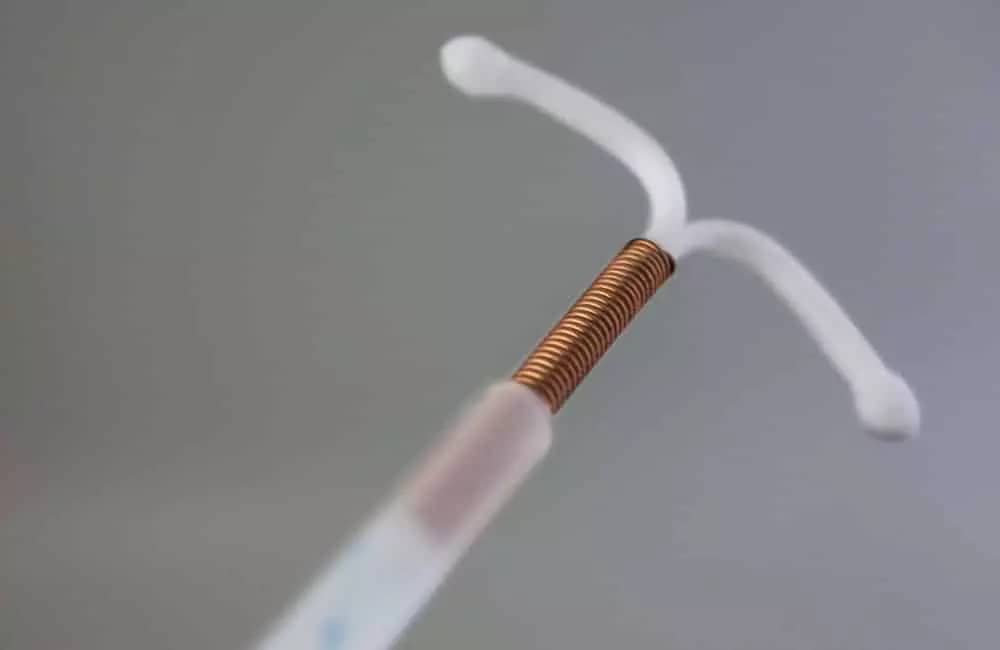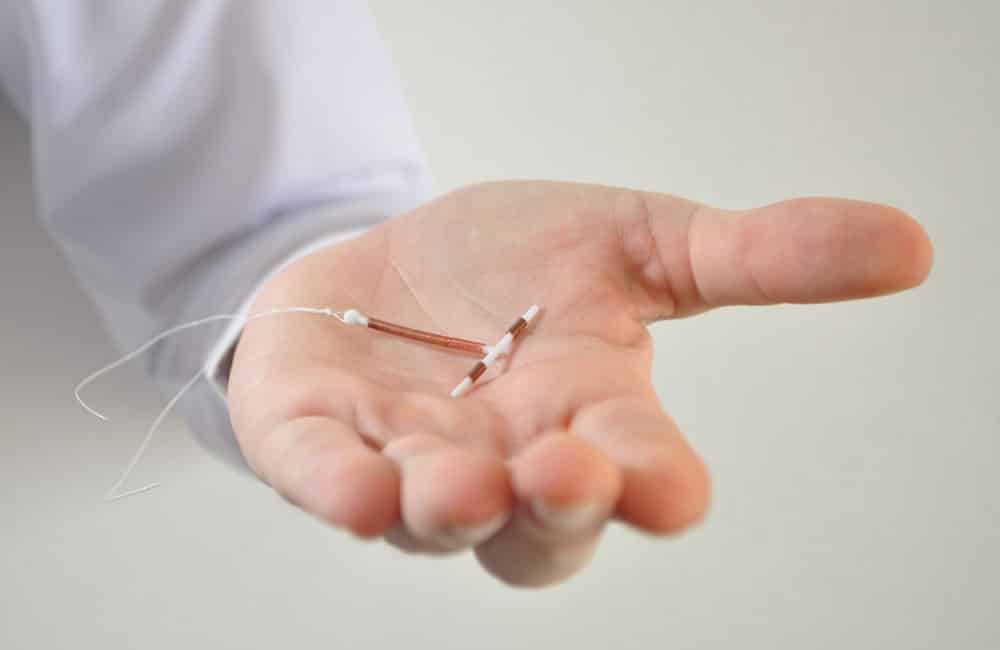Practice Areas
What Are Paragard Lawsuit Frequently Asked Questions?
The nationwide Paragard lawsuit has been gaining momentum over the last year. Yet, with news this week that the hundreds of claims across the U.S. will be consolidated into multidistrict litigation (MDL), the lawsuit is expected to gain even more attention.
As one of the most popular contraceptives, the Paragard IUD is a small, T-shaped intrauterine device (IUD) that first gained FDA approval in 1984. It is the only IUD among several others that does not use hormones to prevent pregnancy, and instead uses copper. Today, it faces hundreds of lawsuits over removal complications.
With more and more women becoming aware of the Paragard lawsuit, this page has been created to help answer a few of the most common questions about the copper IUD lawsuit.

What are the most common copper IUD removal side effects?
The most commonly reported complication during the copper IUD removal is device breakage. This is the allegation at the center of many lawsuits. In certain instances, women experienced device breakage upon attempting to have it removed after only a year.
The Paragard website describes the product as being made with “soft, flexible plastic wrapped with a thin layer of copper around the arms and stem.” However, the materials have shown to be brittle and rigid during removal for certain women.
What is advertised to be a quick procedure that “generally takes minutes,” has turned to be a painful experience for thousands of women, resulting in:
- Organ perforation or tearing
- Inflammation from broken pieces
- Breakage requiring invasive surgery
- Full hysterectomy
The vast majority of women also report heavy bleeding after having their copper IUD removed. In many instances, this subsides over time. Women who have suffered injuries that require at least one follow up procedure are encouraged to contact a Paragard lawsuit attorney.
How does a copper IUD work?
As the only hormone-free IUD on the market, the Paragard IUD is a small, T-shaped plastic device with a copper coil wrapped around its stem and arms. Unlike IUDs that release hormones, the copper works naturally to stop sperm movement, implantation, and egg fertilization.
Paragard has been a steadily popular choice among women for its convenience. The implantation procedure takes just minutes, and the device is approved for effectiveness for up to ten years.
What are the side effects of broken IUD copper wire?
A broken IUD wire can tear the organs or cause internal bleeding and inflammation, often becoming embedded in surrounding organs. In certain instances, women who have experienced broken IUD wires have had to undergo painful removal surgeries and suffered severe reactions.
What is the Paragard lawsuit about?
Since 2010, thousands of women have filed complaints to the FDA about severe Paragard removal side effects. The Paragard lawsuit seeks to hold the device manufacturers responsible for violating consumer safety obligations.
The Paragard lawsuit alleges that the device’s makers:
- Knew of or failed to research the risks of injury associated with Paragard IUD
- Did not warn doctors and their patients about increased risk of injury linked to the device
- Concealed the serious dangers of using Paragard IUD
- Used deceptive marketing practices claiming the safety of the device
- Knowingly produced, marketed, and sold a dangerous and defective medical device
- Placed profits over the safety of thousands of women
The Paragard lawsuit allows women to seek damages for injuries they have suffered without fair warning from the device manufacturer. It also seeks to hold Paragard’s makers accountable for failing to properly warn women about the risks involved.

Who manufactures the Paragard IUD?
Teva Pharmaceuticals is the original manufacturer of the Paragard IUD, with headquarters in Petah Tikva, Israel, and Parsippany, New Jersey. In 2017, CooperSurgical acquired it under The Cooper Companies, which now markets and manufactures the device.
Will my doctor be sued?
No, your doctor will not be sued. Many women share a concern about taking legal action for Paragard injuries because they think their doctor will be sued. Instead, our personal injury lawyers will file a legal complaint against the manufacturer.
Most Paragard lawsuits are being filed against Teva Pharmaceuticals, though the current Paragard owner, Cooper Companies, is also being named in lawsuits.
Who can join the Paragard lawsuit?
Women who have suffered removal complications from the Paragard IUD such as device breakage, organ perforation, reactions from broken pieces, or a full hysterectomy may qualify to receive compensation for their injuries and losses.
When speaking with a Paragard IUD attorney, it will be helpful to know which device you received. This can be done by contacting your medical provider for your records. However, a lawyer can help you do this as well.
How do I join the Paragard lawsuit?
Finding out if you qualify to receive compensation begins with a free legal consultation. This is a brief phone call during which an intake specialist or attorney will ask you a few questions about your injuries and medical history.
This initial consultation is free, private, and without obligation to proceed.
Though it is not required, it will be beneficial to have the following information on hand before contacting an attorney:
- Operative report, which is a report that documents the procedure when your IUD was implanted. This contains the IUD model number, often in a photocopy of the packaging sticker.
- Medical records about your IUD injuries. This may include notes from an attempted retrieval process during which the IUD broke, follow up procedures or surgeries, and any other documents that show complications from the device.
A Paragard attorney can also help collect these documents, though it may save time to gather them beforehand.
What is Multidistrict Litigation (MDL)?
Multidistrict litigation describes a legal procedure that takes cases from multiple districts around the nation and relocates them to one central court. In the Paragard lawsuit, for example, claims have been filed in dozens of courts around the country. In order to streamline the process and keep court rulings consistent, all cases will now be moved to one single state.
According to the transfer order issued by the U.S. Judicial Panel on Multidistrict Litigation, the Paragard lawsuit will be transferred to Northern Georgia. It’s common for large, complex cases to be consolidated into MDLs so that certain legal proceedings do not need to be done repeatedly as they would if the cases were separate.
There are several ways multidistrict litigation can be good news for women filing a Paragard lawsuit:
- Speeds up the process. Rather than multiple cases proceeding and resolving at different times, the events are streamlined into one legal process for all plaintiffs.
- Allows attorneys to pool their resources. MDLs tend to involve multiple firms that partner on the case, increasing the manpower and financial backing.
- Raises awareness. MDLs tend to attract more national attention, bringing awareness to more injured Americans. Powerful corporate defendants such as medical device companies will often try to limit poor publicity, which could encourage them to settle out of court instead of going to trial, though this is not guaranteed.
If you’re considering whether to join the Paragard lawsuit, it’s not too late, though time is limited. Speak to our IUD attorneys right away to learn more.
How Can You Contact a Paragard Lawsuit Attorney?
Pittman, Dutton, Hellums, Bradley & Mann, P.C. is one of the nation’s most respected personal injury law firms. We have helped secure over $1 billion for injured Americans since our founding in 1986. We lead each case with an aggressive representation style that leads many opponents to settle before ever resorting to trial, though we are decisively ready to take insurers to court when they refuse to comply in negotiations.
If you or a loved one has been injured by the Paragard IUD, we want to help you receive fair compensation for your losses. Contact Pittman, Dutton, Hellums, Bradley & Mann, P.C. today to receive a free, no-obligation legal consultation at (205) 322-8880. We are available to answer your questions in a confidential, complimentary phone call.









